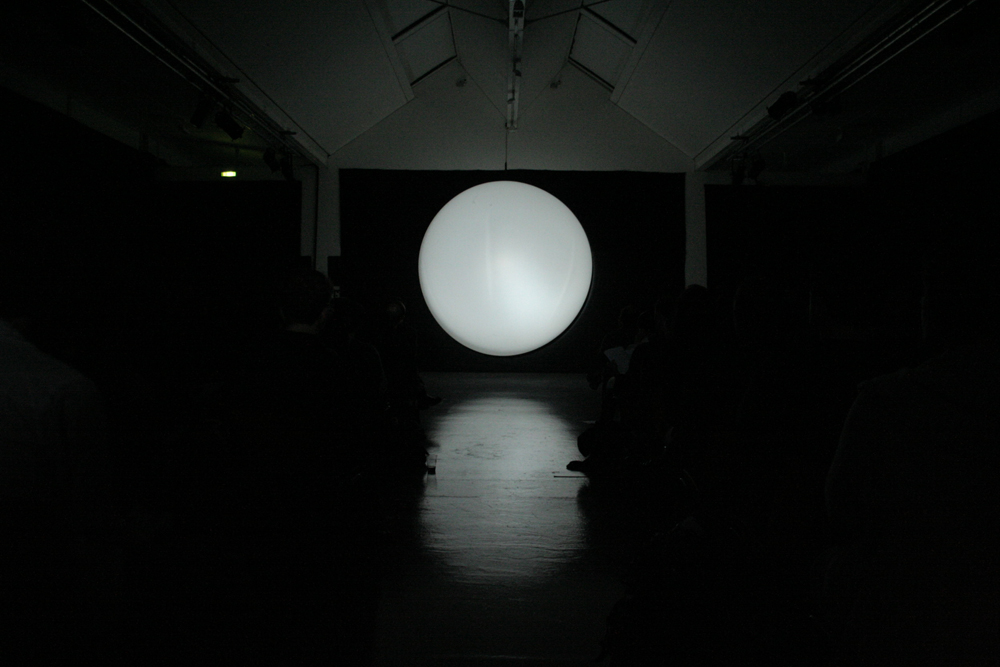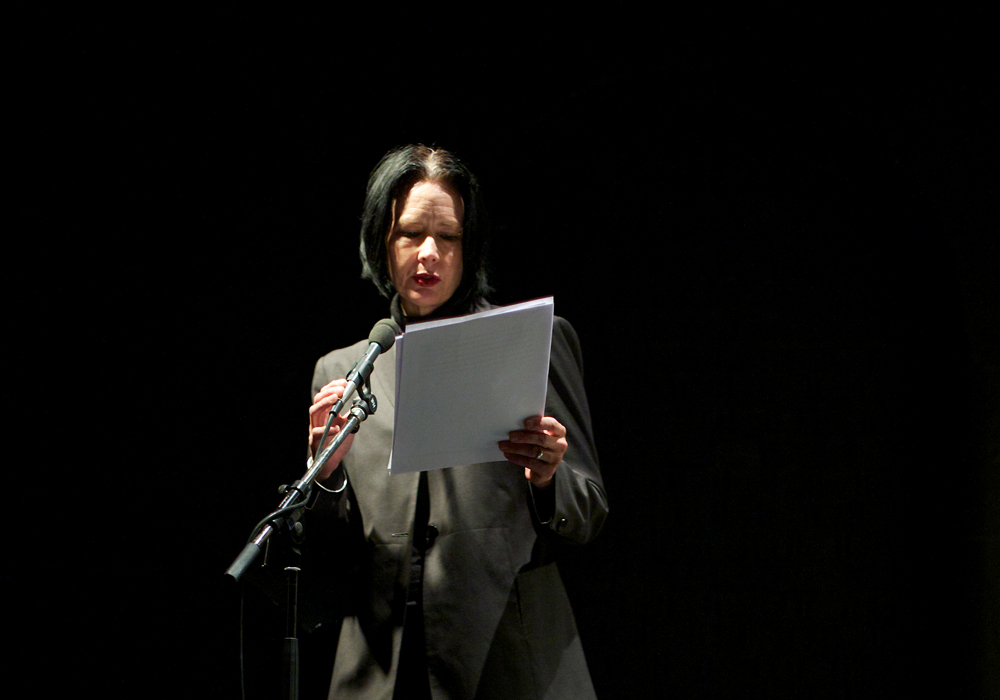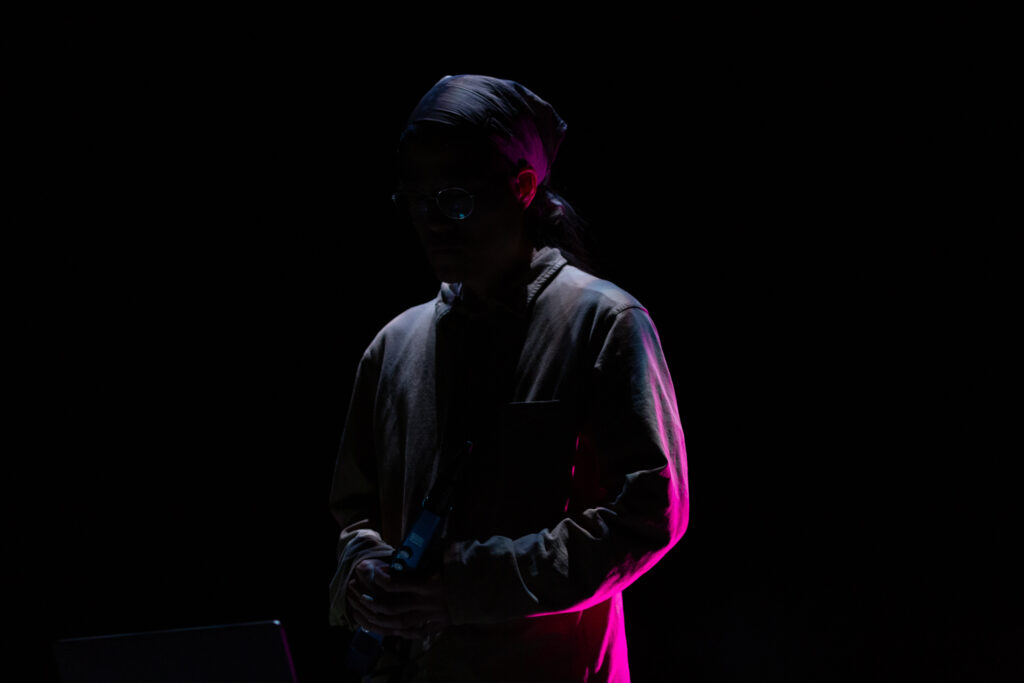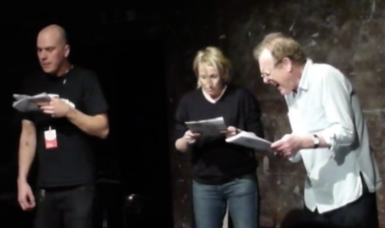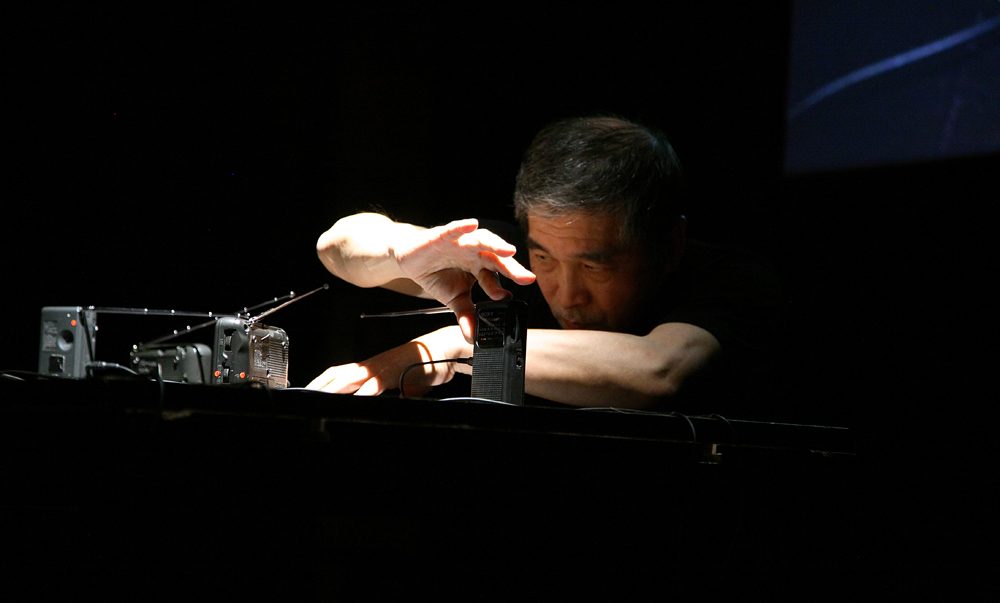
Multilogics and Poetics of Radical Transfeminism
Mijke van der Drift Nat Raha
Underlying radical transfeminism, as an urgent critique of binary essentialism and fixed identities, is the call for a new kind of thinking that can move between and integrate the truths of all lives in their transformations.






